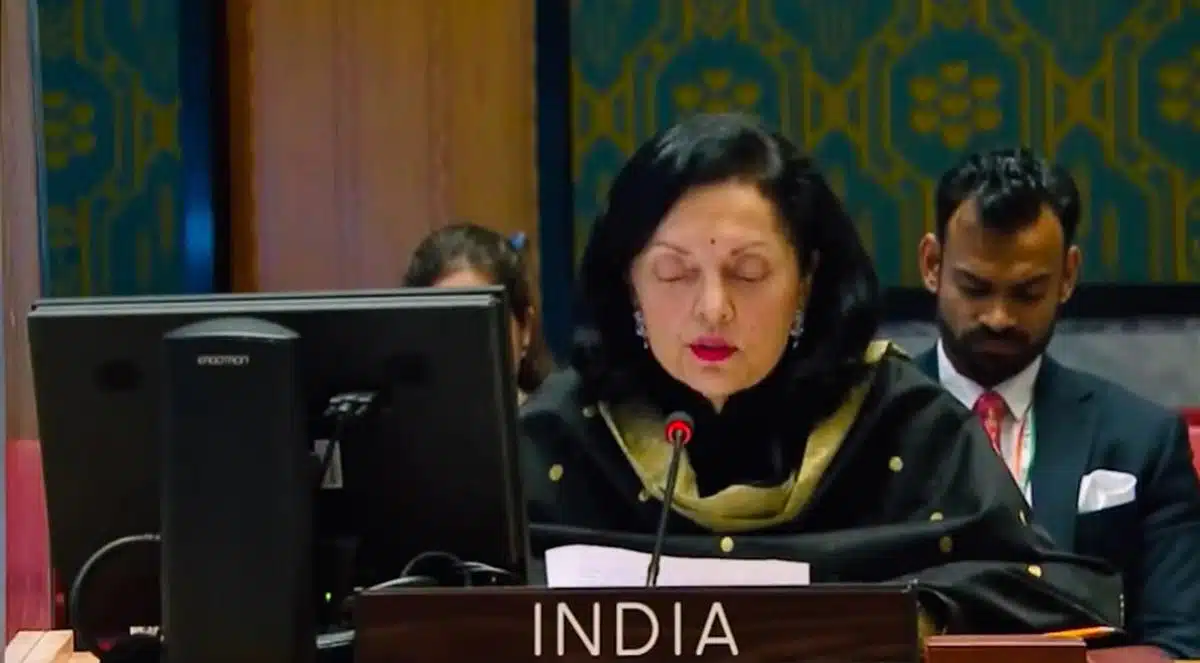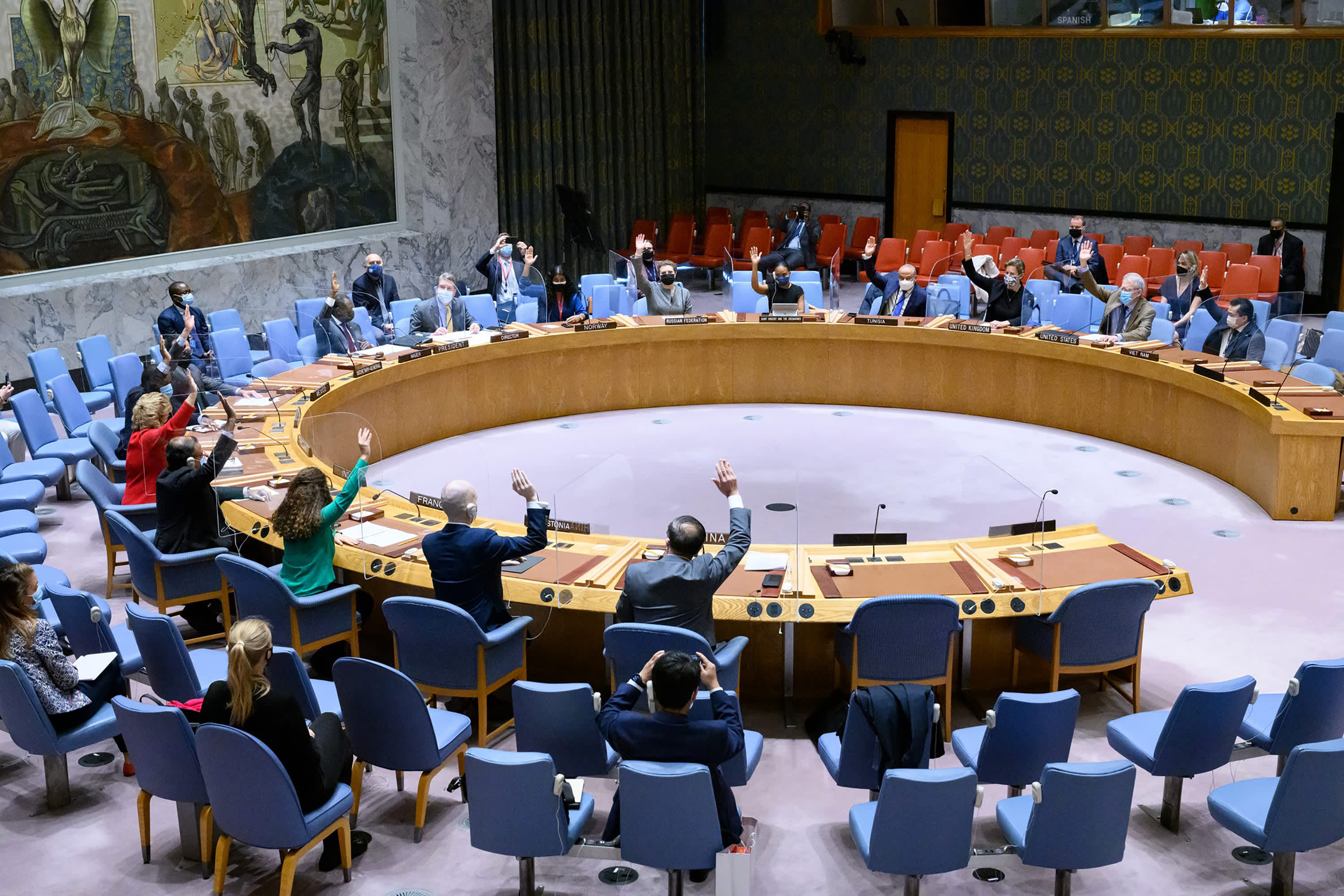“The UN system is anachronistic in its mindset and it needs to be reformed in order to reflect the contemporary realities of the world.”- Ruchira Kamboj

India, one of the largest contributors to the United Nations (UN) system, has expressed its disappointment with the organization’s slow progress in implementing much-needed reforms. In a scathing criticism, India labelled the UN system “anachronistic” and accused it of having an outdated mindset.
In a recent UNSC open debate convened by Russia, the Permanent Representative of India to the United Nations- Ruchira Kamboj expressed dissent toward the ineffectiveness of the UN System. She referred to the UN as ‘anachronistic’ for having failed to successfully resolve the COVID-19 pandemic, the war in Ukraine, terrorism, and climate change. The subject of the UNSC open debate was “Effective Multilateralism through the Defence of the Principles of UN Charter”, and the Indian Representative took this opportunity to evince the frustration of India’s successive governments over what they perceive to be meaningless lip service given to UN reforms.
WHAT IS THE UN
The UNSC was established in 1945 to maintain international peace and security. It is one of the six primary organs of the UN, with headquarters in New York. The council comprises 15 members, with five permanent members and ten non-permanent members who are elected for two-year terms. The five permanent members of the council are France, the United States, the Russian Federation, China, and the United Kingdom. India is currently serving as a non-permanent member for the eighth time. The UNSC’s primary responsibility is to maintain international peace and security, and it makes decisions by an affirmative vote of nine members, including the permanent members’ concurring votes. Any member of the UN who is not a member of the UNSC may participate, without voting, in the discussion of any question brought before the UNSC whenever the latter believes that member’s interests are particularly jeopardized.

INDIA’S CRITICISMS
India has long been calling for reforms in the UN system, which it argues should reflect the changing global order and ensure equitable representation for all member countries. However, despite repeated calls for reforms, progress has been slow, and India’s patience is wearing thin. In its latest criticism, India expressed frustration over the lack of progress on key issues such as expanding the membership of the UN Security Council, and ensuring greater transparency in the organization’s decision-making processes. One of India’s primary concerns was the abuse of Veto Power, which stymies the UN’s functionality, making it undemocratic. Additionally, India emphasized the need for UN reforms, as the UNSC does not reflect the geopolitical reality of the 21st century. For example, there is a lack of representation for South America and Africa, and the UNSC permanent membership is primarily Western powers. India has called for an immediate review of the UN Charter from 1945, as it has not been updated yet, and amendments are necessary to reflect today’s geopolitical reality. Reforms are required to enable the Secretariat to more effectively and accountability deliver on its mandates and better position the United Nations to confront global challenges.
URGENT NEED FOR REFORMS
The UN system’s “one size fits all” approach is no longer viable in a world that is increasingly diverse and complex. India is becoming increasingly frustrated with the lack of progress on UN reforms and that could lead to a growing gap between the UN and India’s own Model United Nations (MUN) system. India’s criticisms of the UN system are not new, but they do also highlight the growing vexation among some other member countries over the organization’s slow progress on reforms. The UN system was created in the aftermath of World War II, and while it has evolved over the years, some argue that it has not kept pace with the changing global order. India, with its growing economic and political power, has long been a proponent of UN reform, arguing that the organization should better reflect the changing balance of power in the world. However, progress has been slow, and some are now questioning whether the UN system is still fit for purpose in the 21st century.











